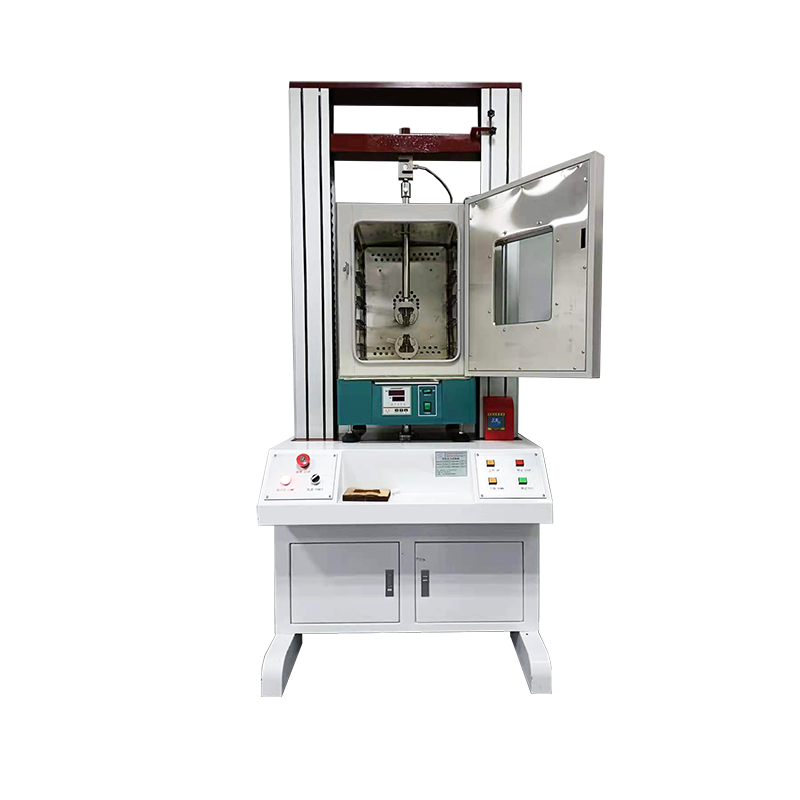
Large-Sized Testing Space High/Low Temperature Tensile Testing Machine
9000.0 USD ($)/Unit
Product Details:
- Application Tensile Testing
- Dimension (L*W*H) 400*500*500mm Millimeter (mm)
- Color White
- Capacity 5 Ton
- Product Type Tensile Testing Machine
- Click to view more
X
Large-Sized Testing Space High/Low Temperature Tensile Testing Machine Price And Quantity
- 9000.0 USD ($)/Unit
- 1 Unit
Large-Sized Testing Space High/Low Temperature Tensile Testing Machine Product Specifications
- Tensile Testing Machine
- White
- Tensile Testing
- 5 Ton
- 400*500*500mm Millimeter (mm)
Large-Sized Testing Space High/Low Temperature Tensile Testing Machine Trade Information
- Cash in Advance (CID)
- 50 Unit Per Month
- 10 Days
- Contact us for information regarding our sample policy
- All India
Product Description
A large-scale test chamber high-temperature and low-temperature tensile testing machine is a precise testing device widely applied in various fields such as material science, automotive manufacturing, and electronic manufacturing, used to evaluate the mechanical properties of materials under different temperature conditions.-
Basic Concept and Purpose:
Basic Concept: This testing machine simulates the material's environment under varying temperatures while applying tensile forces to evaluate its mechanical properties. It provides a large testing space to ensure accurate results for large-sized samples.
Purpose: The machine is primarily used to assess a material's ability to withstand tensile forces under high-temperature or low-temperature conditions, aiding in the development of more durable and safe products. -
Structure and Components:
Testing Space: Equipped with a large-scale testing platform measuring 2000mm x 1500mm x 500mm, suitable for testing large samples.
Temperature Control System: Utilizes electric heating or steam heat exchangers to regulate temperatures within a wide range (-20C to +120C) with rapid temperature changes of up to 0.1C/min.
Tensile System: Includes an electric motor-driven tensile machine capable of applying a maximum force of 200kN. Users can select between constant force, constant speed, or constant displacement loading modes depending on specific test requirements.
Testing Platform and Sensors: Features high-precision sensors to monitor tensile forces and temperature changes in real time, ensuring accurate data collection.
Data Acquisition and Analysis System: Records and analyzes test data using digital instruments or PC software, generating detailed test reports. -
Working Principle:
Simultaneous Temperature and Load Control: The machine synchronizes temperature control with tensile loading to maintain consistent test conditions and observe the effects of temperature on material performance.
Force-Temperature Curves: By synchronizing temperature and load control, the machine tests how material tensile properties vary with temperature, revealing performance trends under different thermal conditions. -
Application Scope:
Material Types: Suitable for testing materials such as metals, plastics, composite materials, glass, and ceramics.
Industrial Applications: Widely used in automotive, aerospace, electronics, and construction industries to evaluate material properties like fatigue resistance and fracture toughness.
|
High/Low Temperature Tensile Testing Machine |
|
|
Frame capacity |
2000kg |
|
Load cell brand |
Germany brand load cell for high accuracy |
|
Load accuracy |
0.5% F.S |
|
Control system |
PC with windows 7 system |
|
Motor |
Panasonic servo motor w/AC variable speed drive system, high-precision mechanical ball screw rod |
|
Force reading |
kgf, Ibf, N, KN, T etc |
|
Vertical test space |
1200mm including fixture |
|
Test speed |
0.1300mm/min (adjustable) |
|
Curves display |
Load- elongation, Elongation-time, Time-elongation, Stress-strain |
|
Data display |
Max. force, speed, sample information, strength(Kpa, Mpa, N/mm, N/mm2) etc |
|
Internal dimension(W*D*H) |
400*500*500mm |
|
High & Low Temperature Chamber |
|
|
Temperature range |
-40 +150 |
|
Temperature Accuracy |
1 |
|
Cooling speed |
1/min in average (without loading) |
|
Heating speed |
3/min in average (without loading) |
|
Internal chamber material |
SUS#304 stainless steel, mirror finished |
|
External chamber material |
Stainless steel with paint spray |
|
Cooling method |
Air cooling |
|
Controller |
LCD touch screen, programmable control temperature and humidity can set different parameter for cyclic test |
|
Insulation material |
50mm high density rigid Polyurethane foam |
|
Heater |
Explosion-proof type SUS#304 stainless steel fins radiator pipe heater |
|
Compressor |
France Tecumseh compressor |
|
Lighting |
Heat resistance |
|
Temperature sensor |
PT-100 dry and wet bulb sensor |
|
Observation window |
Tempered glass |
|
Testing hole |
Diameter 50mm, for cable routing |
|
Sample tray |
SUS#304 stainless steel, 2pcs |
FAQ of Large-Sized Testing Space High/Low Temperature Tensile Testing Machine
Q1: What is a large-scale space high-temperature tensile strength testing machine?
A: A large-scale space high-temperature tensile strength testing machine is designed to test materials under extreme temperature conditions, typically high temperatures, to assess their strength and behavior.
Q2: How does a high-temperature tensile testing machine work?
A: The machine applies controlled tension to a material sample while maintaining a constant high temperature, measuring how the material responds to stress under those conditions.
Q3: What types of materials can this testing machine handle?
A: It can handle various materials, including metals, polymers, composites, and ceramics, that are subjected to high-temperature tensile tests.
Q4: What is the primary purpose of a high-temperature tensile testing machine?
A: The primary purpose is to evaluate the mechanical properties of materials, such as tensile strength, elongation, and modulus, at elevated temperatures.
Q5: How is temperature controlled in the testing machine?
A: Temperature is controlled by a heating system, often with precise temperature regulation, to maintain the desired temperature during testing.
Q6: What are the key features of a large-scale testing machine?
A: Key features include large sample capacity, high precision, large worktable, and advanced control systems for reliable testing.
Q7: What materials are commonly tested using this machine?
A: Common materials include metals (steels, aluminum alloys), composites, and thermoplastics, used in aerospace, automotive, and construction industries.
Q8: How do you operate a high-temperature tensile testing machine?
A: Operation involves loading the sample, selecting the appropriate temperature, starting the test, monitoring data, and analyzing results using software.
Q9: What are some common applications of this machine?
A: Applications include validating material performance for high-temperature environments in industries like aerospace, automotive, and energy.
Q10: What is the importance of maintaining this machine?
A: Regular maintenance ensures accurate measurements, prevents damage to materials, and extends the machine's lifespan for continued reliable use.
Versatile Testing for Extreme Temperatures
Designed to accurately test materials under both high and low temperature scenarios, this machine allows manufacturers and researchers to evaluate material integrity and performance under real-world stress conditions. Its advanced temperature control ensures reproducibility and consistency in results for every test.
Built with Large Testing Space and High Capacity
The spacious 400*500*500mm testing chamber enables testing of larger samples or multiple smaller specimens simultaneously. With its impressive 5-ton maximum force, the machine accommodates a range of materials-from metals to polymers-making it highly versatile for different industrial needs.
FAQ's of Large-Sized Testing Space High/Low Temperature Tensile Testing Machine:
Q: How is the Large-Sized Testing Space High/Low Temperature Tensile Testing Machine used in practical applications?
A: This machine is used to perform tensile tests on materials by pulling them apart to measure strength, ductility, and elongation. It is well-suited for evaluating materials in automotive, aerospace, and manufacturing industries, especially when performance under specific temperatures is essential.Q: What materials can be tested with this high/low temperature tensile testing machine?
A: It is capable of testing a broad spectrum of materials, including metals, plastics, rubbers, and composites. Its large testing space and high force capacity make it suitable for samples of varying sizes and strengths.Q: When should high/low temperature tensile testing be conducted?
A: This type of testing is critical when materials are expected to operate under extreme temperature conditions or during quality control processes, product development, or failure analysis to ensure material reliability and safety.Q: Where is this testing machine typically installed or used?
A: These machines are commonly found in materials testing labs, research and development centers, academic institutions, and quality assurance departments within manufacturing facilities.Q: What is the process involved in conducting a tensile test on this machine?
A: The specimen is securely mounted in the machine's grips, temperature controls are set, and then a gradual force is applied until the material breaks. The machine collects data on force and elongation, providing insights into the material's mechanical properties.Q: How does the large testing space benefit testing procedures?
A: The generous chamber size allows for the testing of larger specimens or multiple tests at once, improving throughput and accommodating diverse research or production needs.Q: What are the main benefits of choosing this tensile testing machine from a Chinese exporter and manufacturer?
A: Customers benefit from advanced technology, competitive pricing, and comprehensive service support. The machine's robust design and precise controls ensure reliable, repeatable results for demanding quality control or research applications.Tell us about your requirement

Price:
Quantity
Select Unit
- 50
- 100
- 200
- 250
- 500
- 1000+
Additional detail
Mobile number
Email



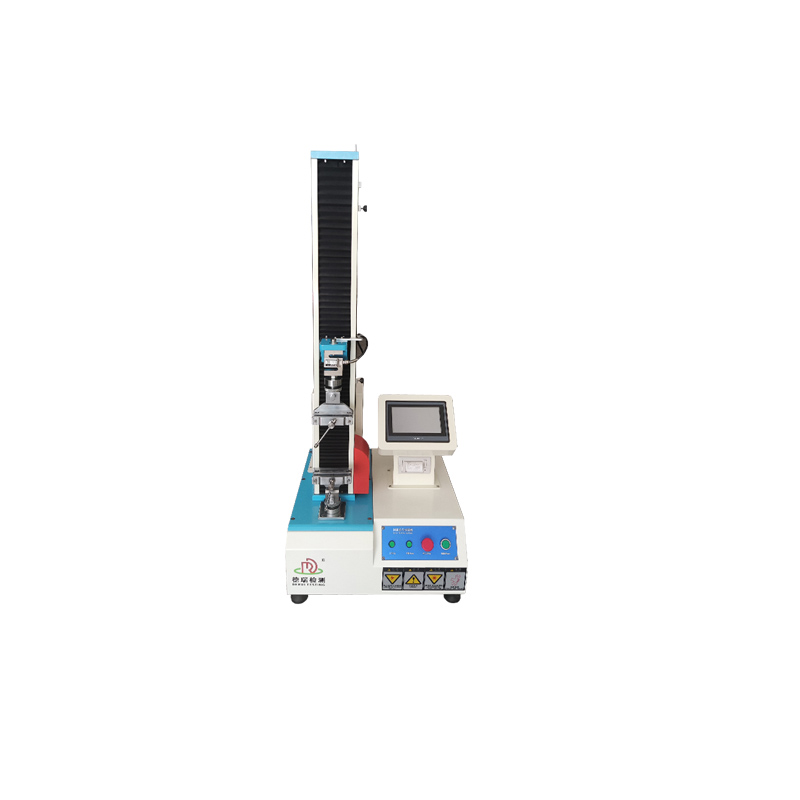
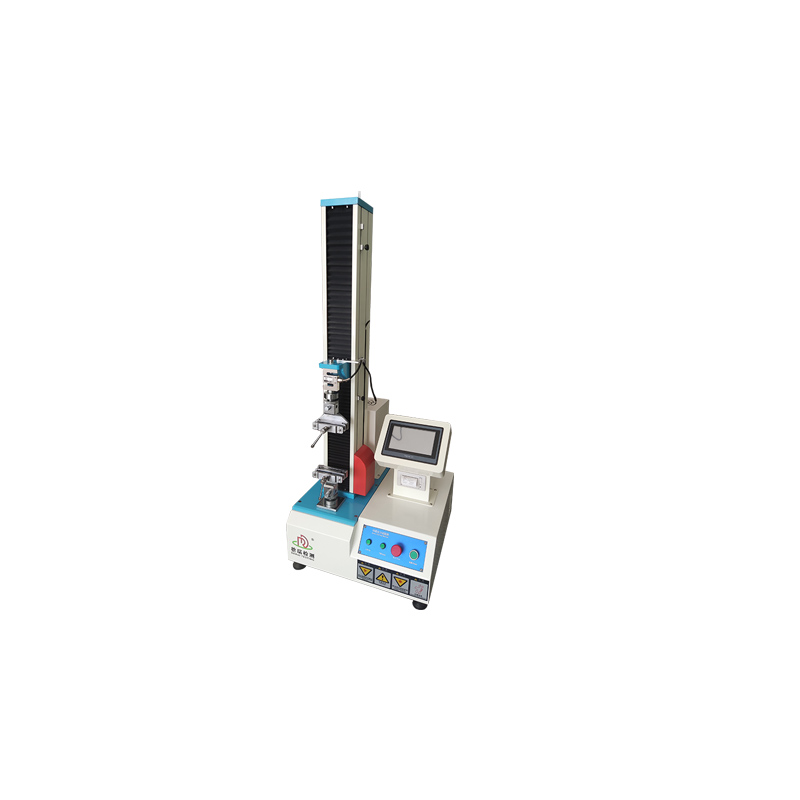
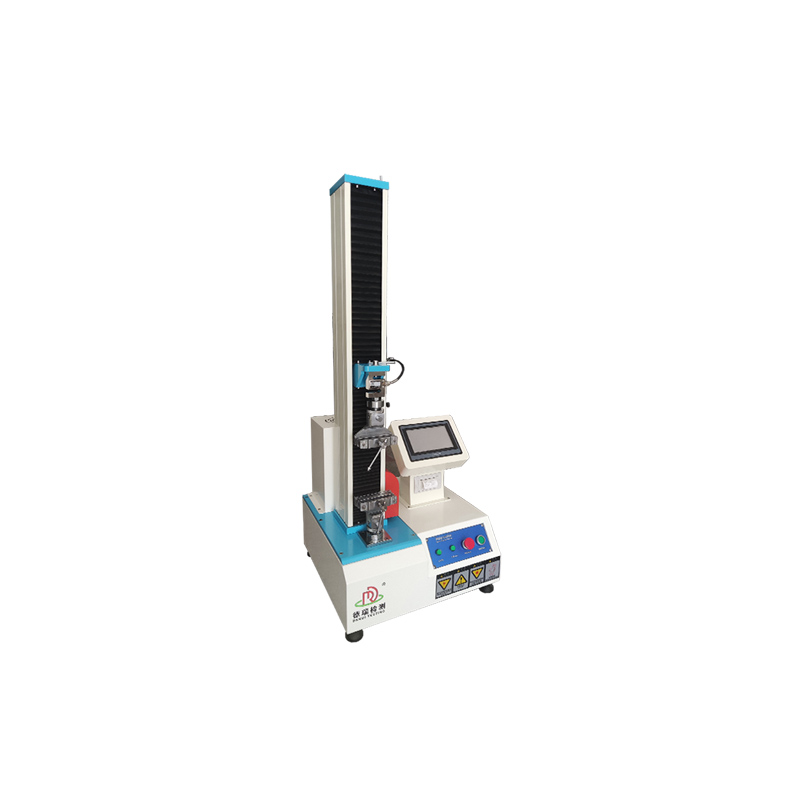
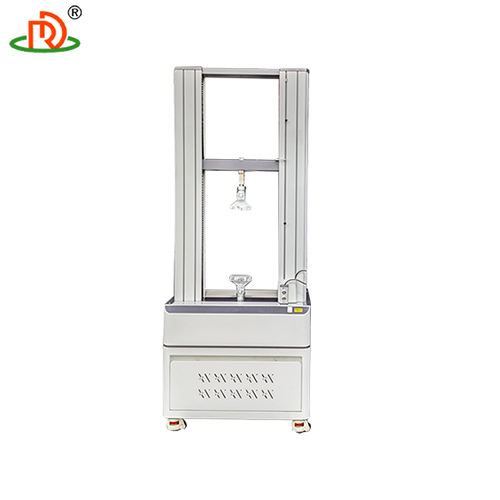

 English
English Spanish
Spanish French
French German
German Italian
Italian Chinese (Simplified)
Chinese (Simplified) Japanese
Japanese Korean
Korean Arabic
Arabic Portuguese
Portuguese